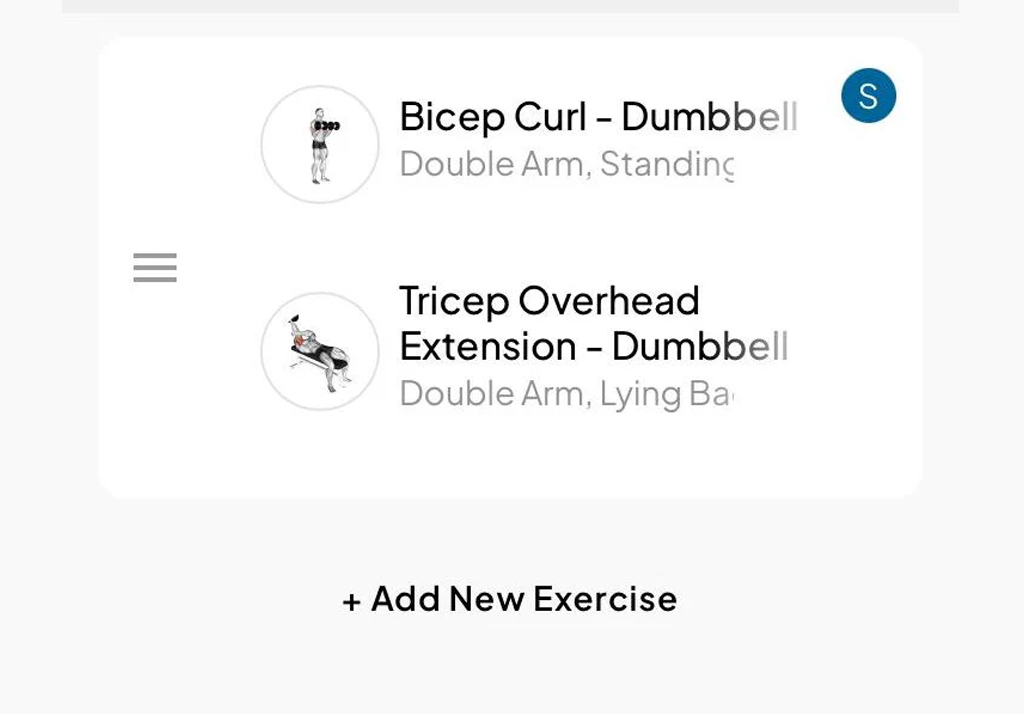Endurance
Think of your endurance as your battery; it's similar to other words, such as stamina. It is literally your body's physical capability and limits whether in an environment where you're exercising or not. Yet keep in mind there are still differences between stamina and endurance. The more technical difference between the two is that with endurance, it's all about how long your muscle group(s) can handle a certain action.
Stamina is how long that muscle group can perform at maximum capacity. It may seem like pulling hairs, but let's look at this example. Let's say you're going for a run. Stamina is a measure of how long you're able to sprint. Endurance is how long you're able to run for in general without a break. Endurance running is akin to marathon running.
We're going to break down endurance into two more specific components to show how to work out to improve your overall endurance. These two components are cardiovascular endurance and muscular endurance.
Cardiovascular endurance
Here we're working on building up your oxygen production. That means pushing your heart and lungs (in a healthy manner) to their limits so that they continue to get stronger and more efficient. Building this part of the endurance duo will help you with how long your body can be pushed in any exercise.
Anything that raises your heart rate or increases your breathing rate will help build up your cardiovascular endurance. This comes primarily from aerobic exercises. Anything from running, to the elliptical machine, to a spin class are all great examples of getting the heart rate up and the blood pumping through. Remember to take care of your body when exercising cardiovascular endurance, such as not running with poor knees.
Once you build this endurance in general, you'll start to notice how easy your day goes when you're not exercising, and common activities won't feel as if they’re draining your body of energy.
Muscular endurance
Once you get the heart pumping, you want to then get the muscles pumping. This can be tied to strength exercises as well, but it's really all about the duration of lifting weights or working your muscles. You don't care how heavy the weights are but how long you're able to do a single rep continuously.
That's why an excellent example of weight training is to do high rep sessions, but each rep is as slow and controlled as possible. It's a way to push your body to handle the weightlifting for an endless amount of time.
Why you want to do endurance training
Endurance training has numerous benefits, but the first is how much faster and more efficient your metabolism becomes. That means you won't feel exhausted from the day in general or even after exercising.
When not exercising, your resting heart rate will be at a lower rate than before because, again, it's running more efficiently and will need less energy to run in general. This can lead to lowering your overall risk for diseases since your body is in better shape.
Where to begin
First, remember it's a marathon, not a sprint. That means start slowly, start simply, and do something you actually want to do. For example, if you don't want to run aimlessly on a treadmill, go run through a park or simply take dancing classes. Do whatever it takes to get your heart rate up there.
Then you want to track it as much as you, so you can see your improvement. If you keep up a good slow pace with endurance training, you'll see that those 5-minute runs turn into 10-minute runs and eventually turn into 30-minute runs, with your motivation and spirits high.

 Oct 25, 2022 - Chris Billingham
Oct 25, 2022 - Chris Billingham


1 comment
May 30, 2023 • Posted by Malick
Well said that “Stamina is how long that muscle group can perform at maximum capacity. It may seem like pulling hairs, but let’s look at this example. Let’s say you’re going for a run. Stamina is a measure of how long you’re able to sprint. Endurance is how long you’re able to run for in general without a break. Endurance running is akin to marathon running.” If you are looking for fitness-related products can search here. https://www.maskura.co.uk/collections/fitness
Leave a comment: